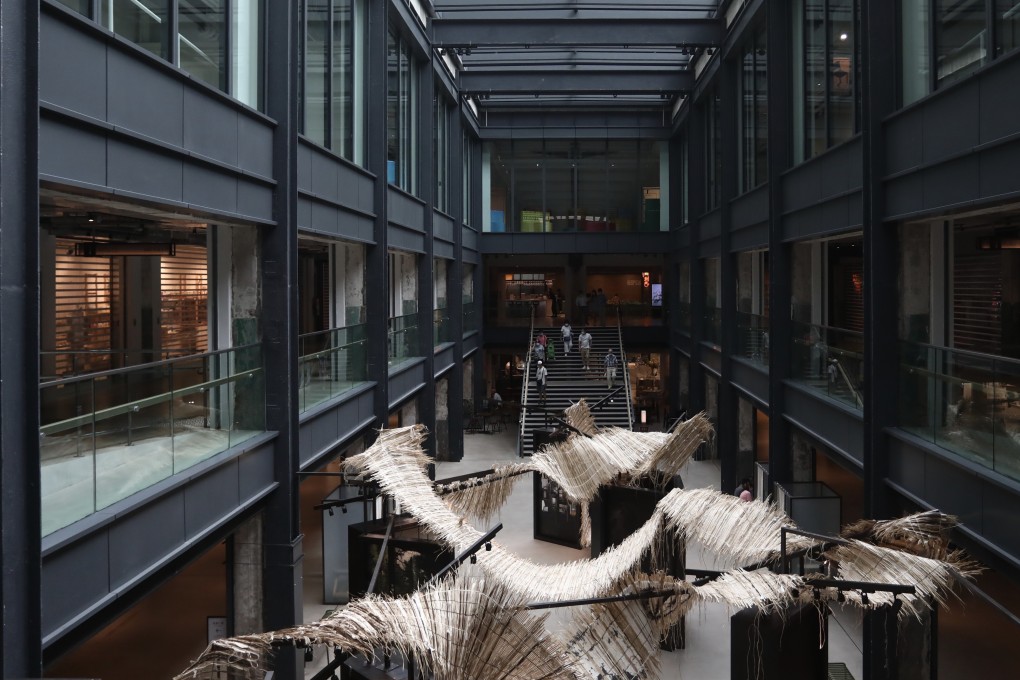Advertisement
The Hong Kong fashion tech incubator that is looking to make the industry green
- Nan Fung’s The Mills Fabrica incubator provides a 12-month incubation programme for start-ups and invests in early stage companies
- Greenhouse-gas emissions by the fashion industry accounted for about 4 per cent of the global total, according to a McKinsey report
Reading Time:3 minutes
Why you can trust SCMP

From the site of its historic textile mills dating back to the 1960s, Nan Fung Group’s innovation hub is aiming to transform the fashion industry by nurturing start-ups that reduce waste along the supply chain.
The Mills Fabrica, based in the Hong Kong conglomerate’s revitalised project in Tsuen Wan, has been helping to grow start-ups that use new technologies to drive sustainability in the apparel sector.
“The mission is to accelerate innovation for sustainability,” said Alexander Chan, co-director of The Mills Fabrica. “The goal is really to help these companies grow, then make an impact on the industry.”
Advertisement
The garments industry makes a sizeable contribution to climate change, emitting about the same quantity of greenhouse gas emissions per year as the entire economies of France, Germany, and the United Kingdom combined, according to the Fashion on Climate report by McKinsey and the Global Fashion Agenda last August. The sector was responsible for around 2.1 billion metric tonnes of greenhouse-gas emissions in 2018, about 4 per cent of the global total.

02:35
Singapore: Locals embrace clothes swapping to combat fashion waste
Singapore: Locals embrace clothes swapping to combat fashion waste
The fashion industry can reduce around 61 per cent of the carbon emissions by making changes to the production cycle and supply chains, McKinsey said.
Advertisement
Advertisement
Select Voice
Select Speed
1.00x